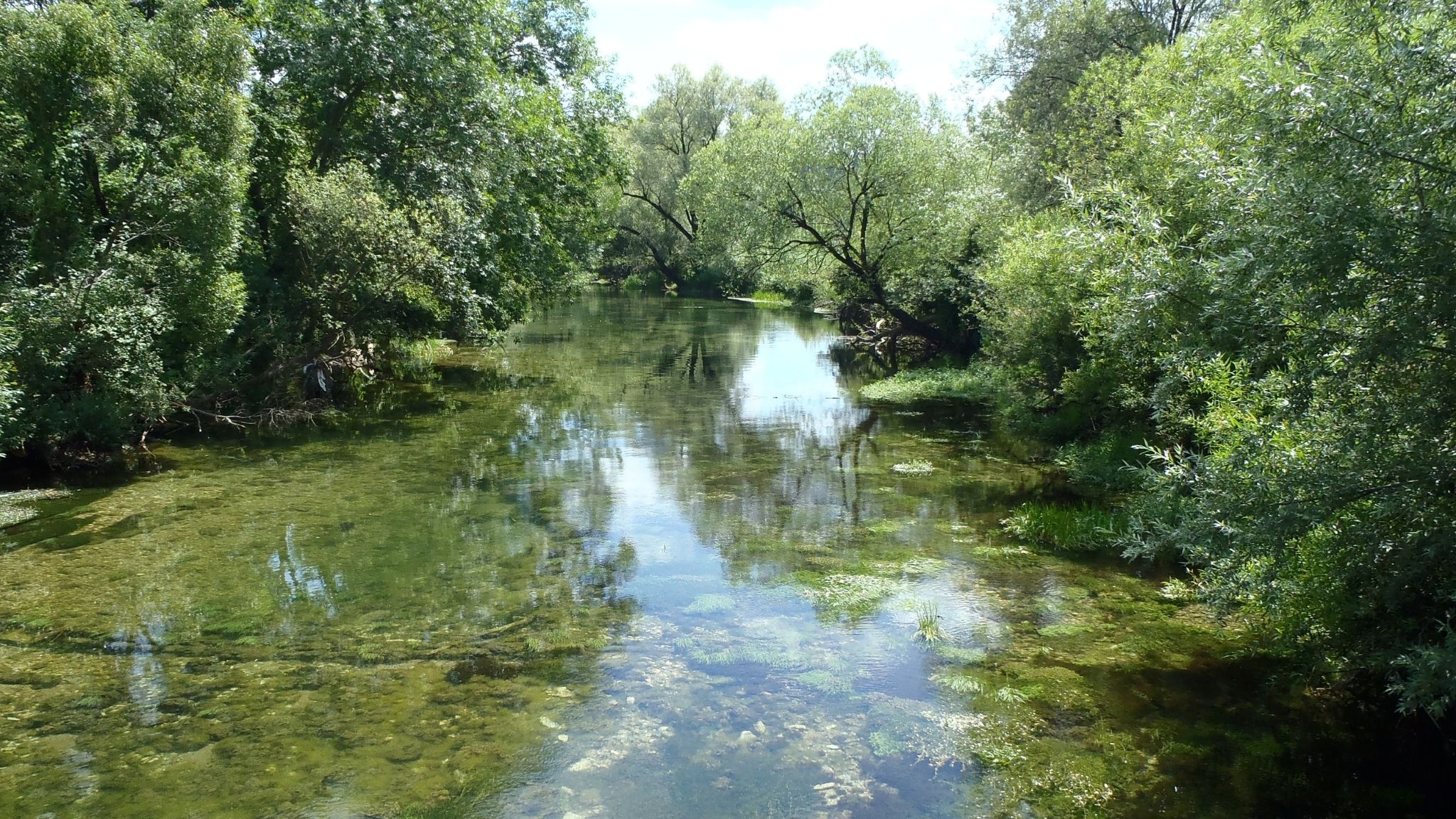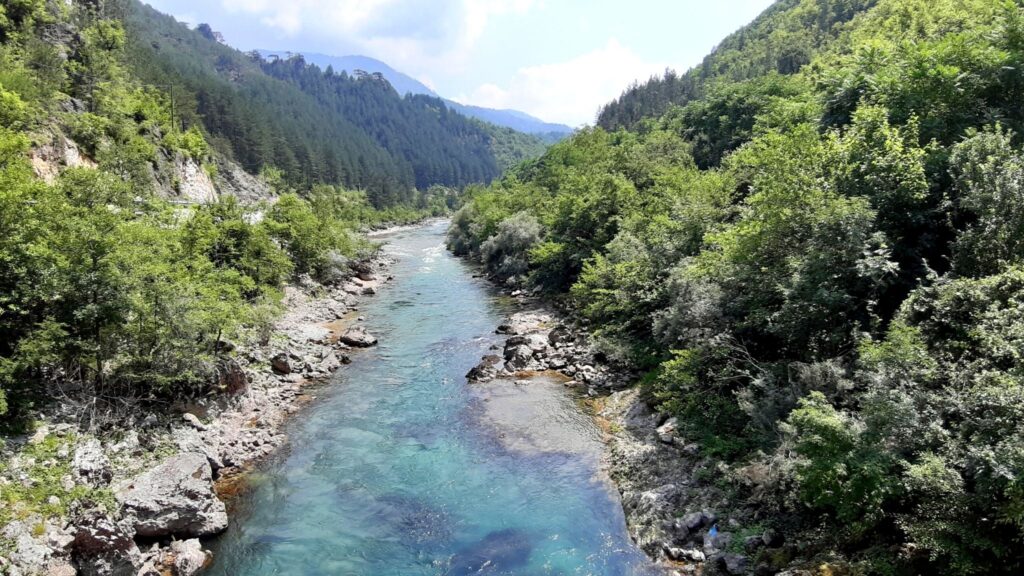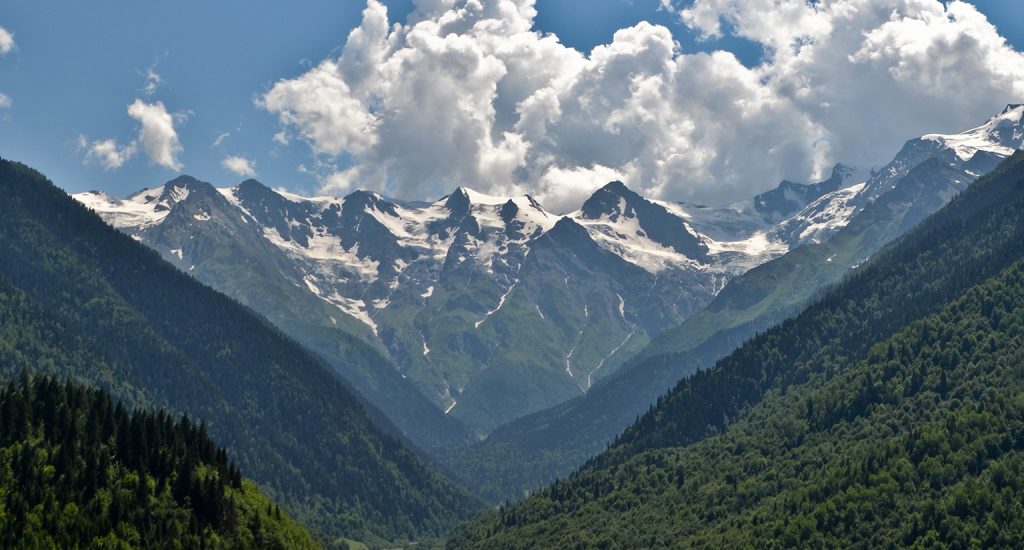The countries of the Energy Community Treaty have diverse energy mixes, but hydropower has traditionally played a strong role in many of them. Albania is almost completely reliant on dams for its domestic electricity generation, followed by Georgia with an average of 80 per cent of electricity generated by hydropower and Montenegro with an average of 55 per cent.

Stay informed
We closely follow international public finance and bring critical updates from the ground.
Background
The countries of the Energy Community Treaty have diverse energy mixes, but hydropower has traditionally played a strong role in many of them. Albania is almost completely reliant on dams for its domestic electricity generation, followed by Georgia with an average of 80 per cent of electricity generated by hydropower and Montenegro with an average of 55 per cent.
But what started as a strength is becoming a liability. More and more erratic rainfall is exposing how vulnerable hydropower is to climate change, while its damaging impacts on biodiversity, groundwater and sediment transportation are becoming better understood.
This has not stopped decision-makers’ zealous plans to develop the sector, including in countries like Ukraine hydropower has not traditionally played a major role. Decades-old projects are still being pushed against all economic and environmental logic, while a rash of small hydropower plants driven by feed-in tariff schemes has destroyed rivers and streams across southeast Europe.
The good news is that there are alternatives, with lower costs for the environment and also, increasingly, for the public purse, and that resistance to the unnecessary destruction of life-giving rivers is increasing day by day.
IN FOCUS
Latest news
Georgian Ministry of Energy orders use of force against local protesters who fear landslides from hydro construction
Blog entry | 14 March, 2014Last weekend, the Georgian Ministry of Energy and Natural Resources again left no doubt about where its main interests lie: enforcing the massive exploitation of Georgia’s hydropower potential despite and against people’s concerns and if necessary by use of force.
Read morePromoters of mega-dam in Georgia use front group and PR campaign and discredit local community
Blog entry | 27 February, 2014Georgian public opinion backs the village of Kaishi in the Georgian mountains that defiantly defends its land and tradition against the planned Khudoni dam. The project promoters have now embarked on an all-out promotion campaign including a fake non-governmental organisation.
Read moreGeorgian hydro projects are a test case for the EBRD’s good governance policies
Blog entry | 12 February, 2014As activists pointed out at a consultation meeting in Tbilisi, Georgia’s hydropower sector has plenty of lessons to be learned by the European Bank for Reconstruction and Development.
Read moreRelated publications
Kungrad 1-3 wind power project, Uzbekistan
Policy comments | 11 March, 2025 | Download PDFKungrad is one of several large-scale renewable projects featuring extensive transmission lines slated for remote, wild areas in Central Asia – an alarming practice that hinders the sustainable energy transition.
How to interact with development banks lending to hydropower projects in Central Asia: A toolkit for civil society activists
Toolkit | 3 February, 2025 | Download PDFThis toolkit is aimed primarily at civil society organisations in Central Asia tackling the construction of dams or other unsustainable water infrastructure.
The Upper Horizons complex, Bosnia and Herzegovina
Briefing | 18 December, 2023 | Download PDFThe Upper Horizons hydropower complex has been planned since the mid-20th century, and is planned to consist of three plants — Dabar, Nevesinje and Bileća — linked by a series of tunnels and channels. If completed, it would have a devastating impact on the karst ecosystems of eastern Herzegovina and beyond.




